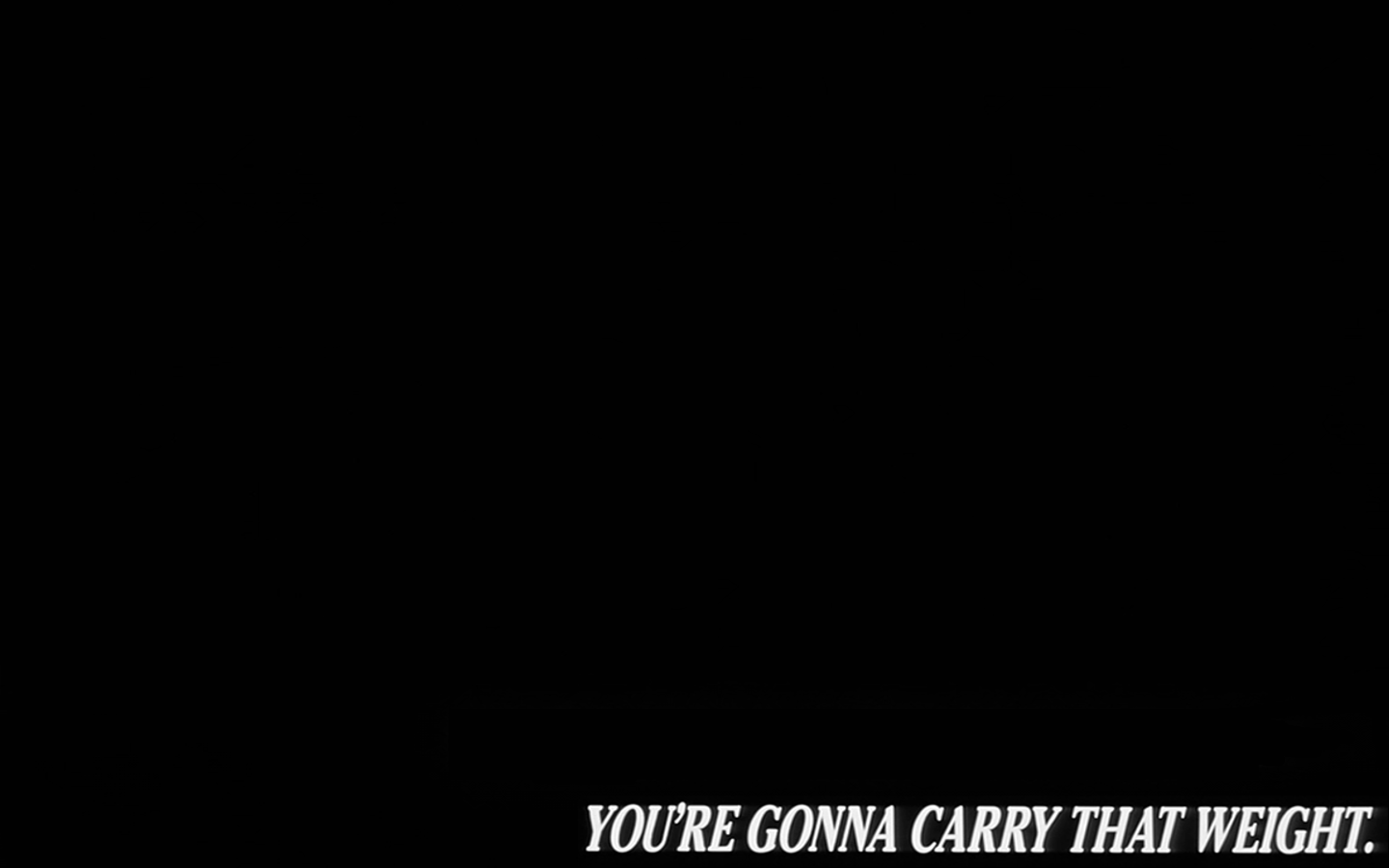Cowboy Bebop (2021)

I have been thinking a lot about Cowboy Bebop lately.
To be fair, this statement is almost true; I do not know if Cowboy Bebop is my favorite show, but it is easily the one I think about most often. The slow drip of Netflix promotional stills & trailers has made me think about it even more, though.
One of the reasons I loved the first few seasons of Game of Thrones was that it was a look at “what happens after a traditional fantasy narrative [Robert’s Rebellion]?” I think this is a useful lens to understand Cowboy Bebop, though with Game of Thrones it is large and overarching and with Cowboy Bebop it is deeply personal. Each of the three protagonists is defined by their story having already happened by the time the show begins:
- Spike’s arc is that of a classic gangster who falls in love and leaves the mob for the girl;
- Jet’s arc is that of a hard-nosed cop who gets left by a girl and betrayed by his partner;
- Faye’s arc is that of a girl whose parents leave her an orphan and she learns to navigate a terrifying new world. (Faye’s story within the show is the best, and the most aching, because it makes this explicit: the culmination of her arc the acceptance that her truth and her story is completely behind her.)
We know all of these stories: they are comfortable tropes. This works in the show’s favor: we only get specks and glimpses of these characters and the rich inner (and outer worlds), but it’s just so easy to fill in the gaps from the various cop stories and mob stories and sci-fi stories that we’ve clutched onto over the years. Cowboy Bebop is clever in hinting just enough.
(This, by the way, is why I am not exactly torn about Ed not being in the live-action show. Ed was useful as a character: she was part deus ex machine, part comic relief, part dramatic foil, but always felt a little too atonal to do any of those things particularly well — I think this is most true in her departure from the show, perhaps the second-best image that the show conjures.)
There’s a lot of talk in almost every episode of Cowboy Bebop about running away from the past, and I think that’s a fair characterization at a textual level, but the truer read of the show is that the characters are stuck in the past. The world has moved past them! They are unimportant people, and the show emphasizes this point over and over again: even as they solve minor crises and collect minor bounties, we are reminded — by “bell peppers and beef”, amongst other things — that the only reason these are our protagonists is because we happen to be following them around.
—
Cowboy Bebop is, for everything else, extremely well-suited for the anime form. It is genre-bending and stylish and unrealistic. It does things that do not translate well to live-action.
So why are we having a live action version? What are the success criteria of this adaptation? The show-runners appear to bending over backwards to assure us, the fanboys, that they are going to be extremely faithful to the source material. I think this is nice of them: they know what we want.
That being said, if the best possible version of this show is a shot-for-shot remake of something that is already in its ultimate form? There are two answers, I think:
-
The true answer: it will make Netflix a good deal of money
-
The false answer, which I cling onto anyway, and the reason that despite myself I am excited about this show: there is something ironic and winking about taking a show about people who would prefer — who are perhaps pathologically driven — to live in the past and to drag it forward twenty years, into a new and worse medium, into a worse future, and to see what comes of it.
© 2023 Justin Duke • You deserve a high five.